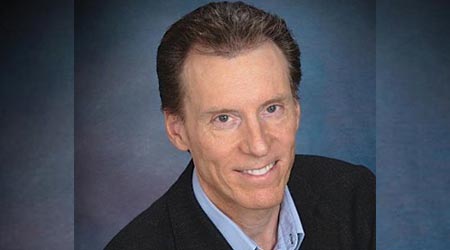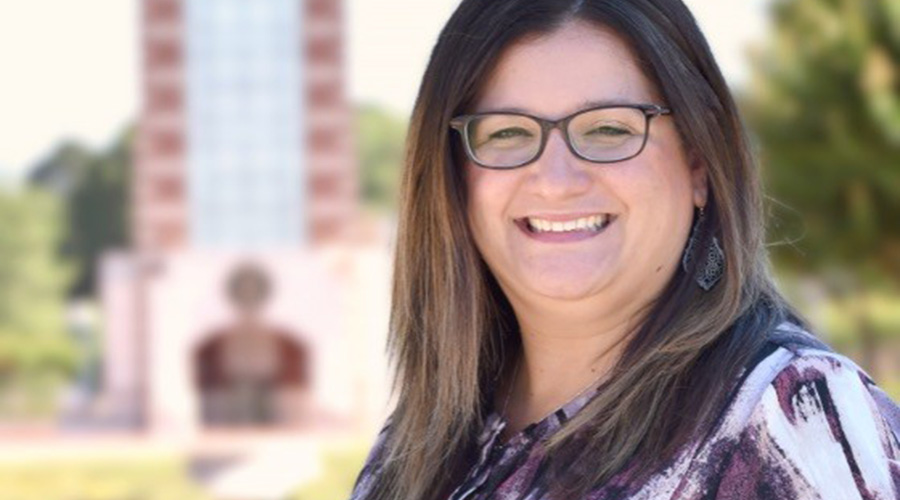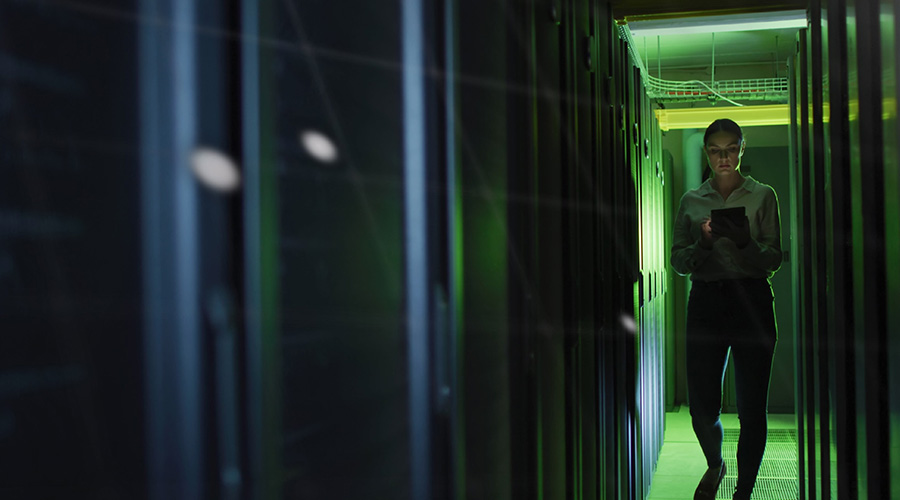 Michael Fluegeman, manager, data center support systems, PlanNet Consulting
Michael Fluegeman, manager, data center support systems, PlanNet ConsultingExpert on Power for Life-Safety to Address Critical Facilities Summit
Michael Fluegeman will explain how and why life-safety systems are often at odds with reliability and why risks need to be managed and balanced.
By Katie Baker, manager of direct response
As a young electrical engineering student attending the University of Cincinnati in the late 70s, Michael Fluegeman noticed a discernible shift from power to electronics and computers. He attributes his early experience, answering the phones at Westinghouse to troubleshoot with field engineers (a seemingly trivial task at the time), as invaluable training:
“I’m 19, working at Westinghouse. I know nothing. One year of college and they’re putting me on the phone to troubleshoot with field engineers. Trial by fire! No one wanted to do it. It was such a learning experience — a launching point! I’ve talked to a number of young folks about starting off their career. The first 2-3 years of your career are important. Often you’ll get asked to do something you feel may be a challenging, or annoying task. It can seem like a waste of time, but that is the sort of thing you want to embrace as a young person. All of the sudden you’re valuable. That will help you launch your career.”
Today, Fluegeman is recognized nationally as a leading engineering consultant for critical facilities and data centers. Michael has spoken at several industry conferences including the Critical Facilities Summit, which will take place this year on Oct. 23-25 in Minneapolis, Minn. In a recent conversation, Michael shared his industry insight and expertise.
Q. You’ve been in various roles within the data center/mission critical arena, working with people at different levels. What can you tell facility managers who want to effectively communicate the importance of backup power to their CFO, CIO, or CTO?
A. First, with your CFOs, you have to analyze what is affected in financial terms when power fails without effective backup in place. Consider short-term power failures, but also consider long-term power failures like a standby generator, or prime power generation. CTOs and CIOs are going to be more interested in the intricacies of how their network is supported. What is the risk? Here, you need to get a little more granular about what could fail. Estimate the dollars it takes to make a data center more robust vs. those same dollars that could be used for more IT equipment. They all have their priorities. Find that balance. Develop a good IT strategy before spending money on equipment.
Q. What would you say is the biggest misconception about backup power applications?
A. The classic misconception is the UPS worked, so everything must be good. What a lot of folks don’t know is that the UPS batteries probably had to perform for five seconds. What you don’t know is, do you have 10 minutes of battery time or six seconds? Now you just used five of those six seconds. This happens a lot. The very next power failure happens because you were right on the edge and didn’t know it. If it just barely works, it may not be apparent. Service organizations might come in to do the annual look over: a few checks — maybe switch over to a bypass and do some partial tests. Unfortunately, that’s really not a performance test. Unless you put the equipment through its paces, it’s really not an accurate picture of what you have.
Q. You will be presenting “Medical and Life Safety Systems” at this year’s Critical Facilities Summit. What is the biggest takeaway for attendees?
A. Life-safety systems (and their technicians) are often at odds with reliability. Risk needs to be managed and balanced. The larger issue is the medical world is transforming. It began as paper and pencil scenarios and is now very dependent on IT systems. I think it’s because the medical world used to be able to continue working when electronics failed, but that world is slipping away. This stuff has to work.
Email comments and questions to katie.baker@tradepress.com.

Related Topics:













